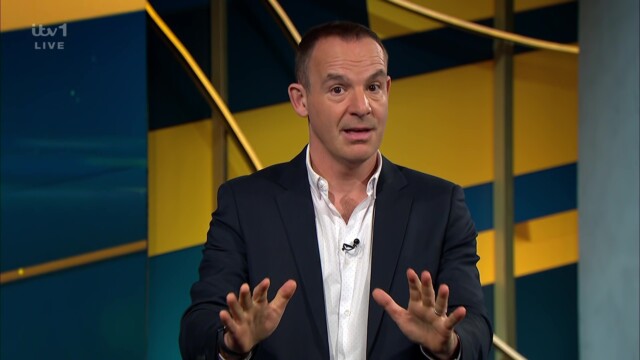BRITS needs to reconsider what time they put a wash on to avoid blackouts amid dwindling energy supplies, Martin Lewis has warned.
The money saving expert urged households to avoid using their washing machines during certain hours to reduce the risk of power cuts.
Martin Lewis urged Brits to stop using their washing machines between certain house
Leaving your laundry for off-peak times while ease pressures on energy supplies
The cold weather has prompted an unprecedented demand for electricity – and the National Grid is struggling to keep up.
They are already firing up emergency coal stations to keep a constant supply, in wake of warnings the country could be left in darkness.
Although it would be a “last resort”, power cuts could be brought in if there are massive shortages.
Planned three-hour blackouts could happen if there are low levels of wind power on the coldest of days between January and February.
So to avoid outages, Martin Lewis wants the nation to do its bit to stop draining energy supplies – while shrinking your bills.
During a segment on ITV’s This Morning on Wednesday, the savvy saver told viewers to shake up their cleaning routines.
He suggested families should use their washing machines – which are one of the most expensive appliances to run – at off-peak times.
The 50-year-old said: “We are looking at energy difficulties this winter. We hope there will not be any blackouts.
“But there are emergency scenarios where power cuts in different regions are possible that have been put forward by National Grid.”
He explained that Brits zap the most energy up between 4pm and 7pm – echoing the energy supplier’s caution that this is when planned blackouts may occur.
People should swerve using their washers and dryers during this time when possible to keep energy supplies on the up.
Martin hinted that the small routine change would create a ripple effect across the country.
He added: ” If we can avoid using lots of energy between 4pm and 7pm and it makes no difference to our lives, then we should all be somewhat conscious of that, whether or not it’s cheaper, because it will collectively help us all.”
His words of wisdom come just days after households were paid to turn their heating off.
The National Grid’s “Demand Flexibility Service” (DFS) is designed to reduce pressure on the energy network and prevent blackouts.
It started running its first “live events” service on Monday between 5pm and 6pm and then again on Tuesday.
Customers will get on average £3 back from National Grid if they reduce their energy usage by a minimum of 30%, but others will get even more if they cut back further.
This will benefit those who load their washers at teatime or fire up the heating when they get home from work.
You could also save cash if you’re on an Economy 7 or off-peak tariff by putting your load on during less busy times.
These give you cheaper rates during the night and more expensive ones throughout the daytime.
If you’re not on one of these tariffs, you’ll most likely pay the same amount for energy throughout the day and night.
A typical UK household does a mammoth 270 loads of washing a year.
Which? recently found that doing one big wash four times a week reduces energy consumption by 17% compared to someone doing three smaller washes every day.








